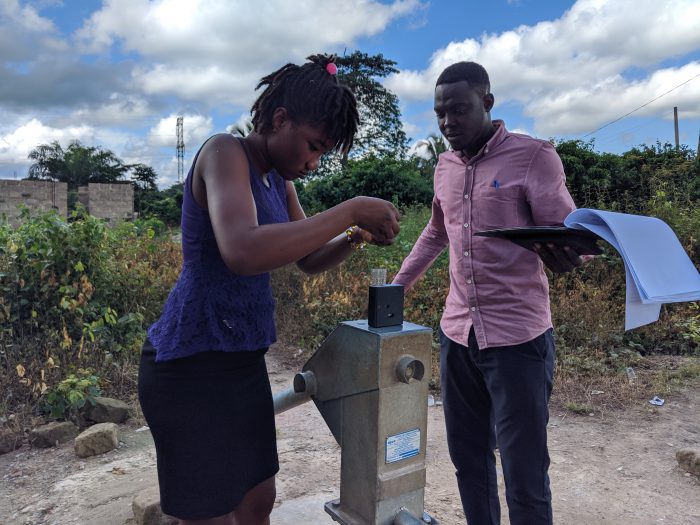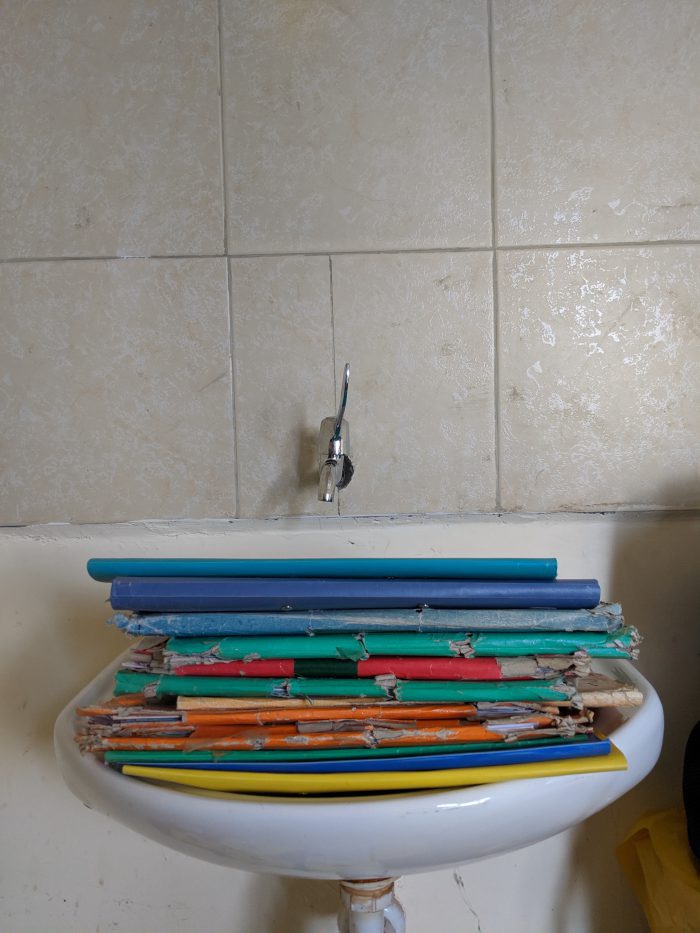CDC and Hilton Foundation partner to improve global water, sanitation, and hygiene
In the United States, water is generally safe to drink, thanks to government regulations and maintenance of water and sanitation systems. However, more than 780 million people worldwide do not have access to safe drinking water, and more than 2.5 billion people live in areas without sewers and other improved sanitation systems that keep excrement from re-entering the water system. This situation has disastrous health implications–contaminated water kills more than 2,000 children each day, many of them in rural parts of Africa and Asia.
Given the challenges these countries and communities face to improve their water and sanitation systems, CDC has worked closely with partners ranging from WHO to health care providers on the ground. One of the agency’s most important partners in improving water, sanitation, and hygiene (WASH) over the last several years has been the Conrad N. Hilton Foundation.
The Hilton Foundation has funded work to support the health and wellbeing of vulnerable populations around the world since 1944 but started its work on WASH with CDC in 2015 in sub-Saharan Africa. Unified by their focus on implementing sustainable and effective WASH interventions in rural healthcare facilities, CDC, the CDC Foundation, the Hilton Foundation, several nongovernment organizations (NGOs), and local health offices formed a partnership to reduce the burden of disease and improve quality of care in these communities. Together, they are collaborating to improve WASH services in 8 countries and 17 districts in Africa and the Caribbean.
The Hilton Foundation works with CDC in collaboration with numerous NGOs and international partners to address sources of water-related health risks in healthcare facilities and schools, including water sources, water storage facilities, and latrines. In addition to infrastructure, Hilton’s partners aim to address the enabling policy environment at both the district and national level to promote lasting change.
As part of this work, CDC uses its expertise to assess the status of healthcare facilities’ and schools’ WASH practices and infrastructure before projects begin and as they progress. This work allows participating partners and communities to target appropriate interventions where they are most needed and provides a foundation of qualitative and quantitative data that CDC, Hilton, and other partners can use to determine the program’s effectiveness. With support from the Hilton Foundation, CDC has standardized a healthcare assessment process and has developed several methods for sharing lessons learned about WASH gaps and opportunities back to healthcare facility and school personnel.
Partnerships with external partners, such as the CDC Foundation and Hilton Foundation, are essential for CDC’s global WASH work. They enable CDC to gain the perspective on WASH gaps that only on-the-ground assessments and experiences can provide. CDC’s global waterborne disease team is equipped to provide technical expertise and evidence that complement efforts of local health officials and partners working to improve WASH services globally.
Visit CDC’s WASH in healthcare facilities website for more information.

